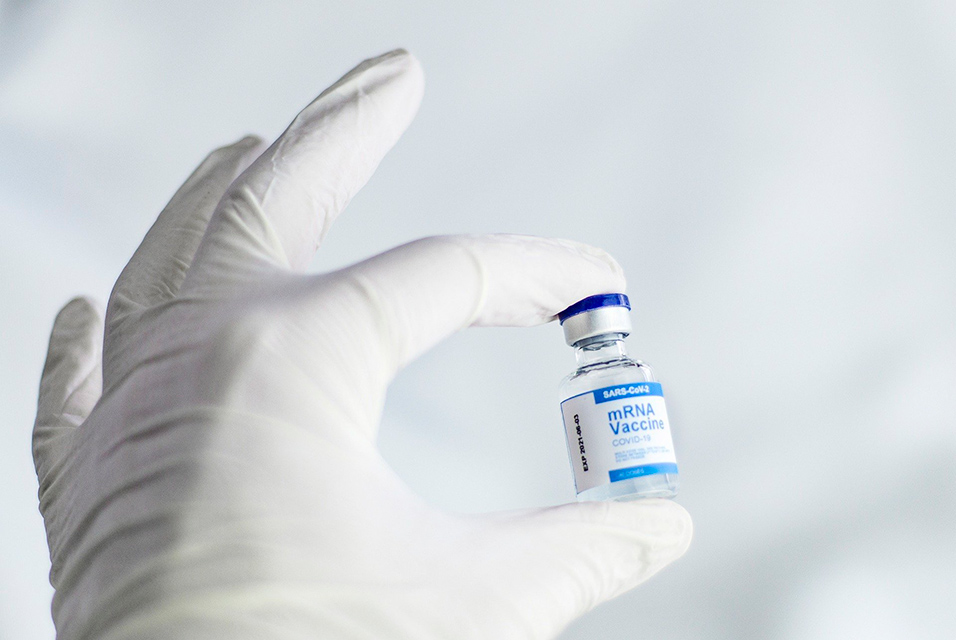BOSTON, MASS.- Based on the strength of clinical trial data showing the vaccines conferred robust protection against COVID-19, the U.S. Food & Drug Administration granted emergency use authorization to the mRNA-based vaccines known as BNT162b2 (BioNTech, Pfizer) and mRNA-1273 (Moderna) in December 2020, and to the Ad26.COV2.S (Johnson & Johnson) single-shot vaccine in February 2021. To date, nearly 200 million Americans have received a COVID-19 vaccine, and as some approach the one-year anniversary of their immunization, questions remain about the vaccines' long-term efficacy.
In a paper published in the New England Journal of Medicine, a team of experts at
Beth Israel Deaconess Medical Center compared immune responses induced by the three vaccines over an eight-month follow-up period. The investigators evaluated the 61 participants' levels of various antibodies, T cells and other immune products at two to four weeks following complete immunization—the time of peak immunity—to eight months after vaccination. Thirty-one participants received the BNT162b2 vaccine, 22 received the mRNA-1273 vaccine and eight received the Ad26.COV2.S vaccine.
"The mRNA vaccines were characterized by high peak antibody responses that declined sharply by month six and declined further by month eight," said corresponding author Dan H. Barouch, MD, Ph.D., director of the Center for Virology and Vaccine Research at BIDMC, who helped develop the Ad26 platform in collaboration with Johnson & Johnson. "The single-shot Ad26 vaccine induced lower initial antibody responses, but these responses were generally stable over time with minimal to no evidence of decline."
The team also found that mRNA-1273 elicited antibody responses which were generally higher and more durable than BNT162b2. All three vaccines demonstrated broad cross-reactivity to variants of SARS-CoV-2, the virus that causes COVID-19. The findings have important implications for understanding how vaccine immunity may wane over time; however, the precise immune responses necessary to confer protection against SARS-CoV-2 has not yet been determined, the researchers point out.
"Even though neutralizing antibody levels decline, stable T cell responses and non-neutralizing antibody functions at 8 months may explain how the vaccines continue to provide robust protection against severe COVID-19," said lead author Ai-ris Y. Collier, MD, a maternal-fetal medicine specialist at BIDMC. "Getting vaccinated (even during pregnancy) is still the best tool we have to end the COVID-19 pandemic."









